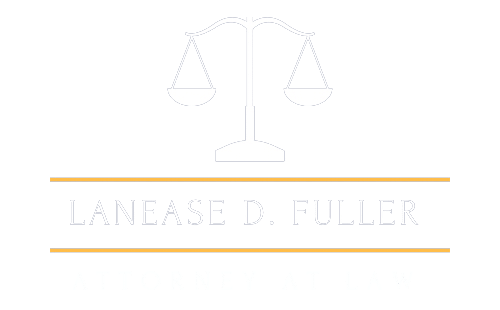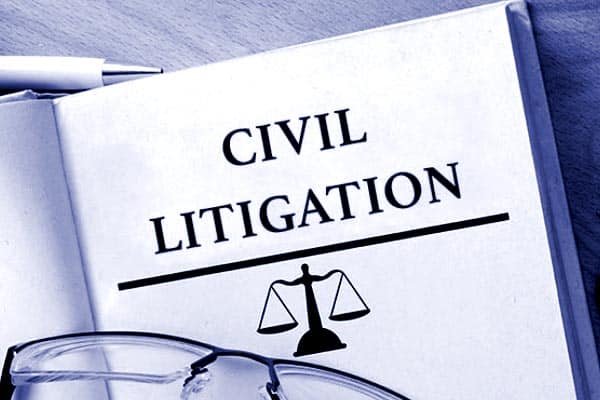Civil litigation is a term used to describe a lawsuit that does not include any criminal charges. Civil litigation begins when a complaint is filed by a plaintiff against a defendant in court. Both the plaintiff and the defendant can be a person, a business or an entity. This is commonly seen in disputes such as personal injury cases, issues with landlords and leasing companies, medical malpractice cases, and more.
Working with an experienced civil litigation attorney can help you to get the best results in your case. Attorney Lanease Fuller has nearly 30 years of experience working to defend her clients and help them in civil lawsuits. We provide free consultations to all of our clients.
Three Phases of Civil Litigation
Civil litigation can be broken into three main phases: pre-trial, trial, and post-trial. Each of these phases has certain tasks that must be completed in order to protect the rights of everyone involved in the lawsuit.
Civil Litigation Phases
Pre-Trial: Essential steps in the pre-trial phase of litigation include research, filing, and notice and response. Read Civil Litigation in Texas: The Pretrial Phase for an explanation of what must happen before trial.
Discovery: Discovery is how you get information that is relevant to your case that the other side has. Read Discovery in Texas: Investigate and Prepare for Trial.
Motions and Requests: Sometimes, parties need to ask the court for things before or during the trial. To ask the court for something during litigation, you will usually need to file either a motion or request. Some of the most common motions and requests are:
- Request for Jury
- Motion for Continuance
- Motion to Amend Petition
- Temporary Orders
Ending a Case Before Trial
Ending a case before trial can also be accomplished by submitting a motion to the court. Generally, the motions that might be used to end a case before trial include:
- Nonsuit
- Dismissal
- Settlement
- Summary Judgment
- Default Judgment
Trial
A trial is a process where a judge or jury listens to and makes a decision about a case. Both sides will try to convince the judge or jury to agree with them by presenting their side of the story and any evidence. The purpose of a trial is to find a solution or get a decision, like awarding money in a civil case. Trials can be complicated and have special rules, so it is usually a good idea to have a lawyer help you. Read Civil Trial Preparation to learn about getting ready for a trial.
Post-Trial
The judge may have ruled in the case, but the matter might not be over. There are actions that can be filed in Texas civil court after a trial—such as setting aside a default judgment, modifying an order, enforcing an order, or appealing an order. But deadlines are crucial.
Civil Litigation Attorney in Houston Area
Attorney Fuller is a seasoned attorney with nearly three decades of experience representing a wide range of clients. This includes individuals who have suffered an injury due to another’s actions, individuals facing criminal charges, those who have been arrested for DWI, individuals who have found themselves in a civil litigation dispute, and those looking for legal guidance in business.
After filling out a client intake form, Attorney Lanease D. Fuller will take appropriate action in your case to help you get the results you are looking for. This includes but not limited to gathering evidence, going to trial, and earning a settlement that is appropriate for your specific situation. Reach out to us today to take the first step towards settling your case.
LANEASE D. FULLER LAW
4615 S. Frwy St. 820
Houston, TX 77051
713-439-7400
View our Google Listing


